Dear EarthTalk: What’s new in food packaging to make it more sustainable? — E.C., Bern, N.C.
A long with food waste, food packaging is a significant source of pollution, generating approximately half of the packaging waste in the United States. In the wake of growing concerns about climate change and food product packaging’s role in it, companies are taking action to make packaging more sustainable.
There are many changes in progress. Corn and cane sugar plants are being increasingly used as materials for packaging food. However, this system puts pressure on already-stressed agricultural land and can jeopardize food security, since crops that could be used for food itself are being used for other purposes. One solution is to use agro-food residue, the byproduct of agricultural production — cornstarch, rice husks, etc., that would otherwise be discarded — for food packaging. In this way, packaging can reduce agricultural material waste without threatening agriculture or food resources.
Companies have begun taking the whole life cycle of a product’s packaging, beyond just use and disposal, into consideration. In doing so, they have prompted designs of products made from and transported using sustainable materials, not just ones that can be recycled by customers. For example, Heinz is working with Pulpex to prototype a food-grade bottle made from sustainably-sourced wood pulp that can be recycled and biodegrades if it is thrown away. It has a 90% lower carbon footprint than glass and a 30% lower footprint than PET, a very common type of plastic in food packaging.
Other examples abound. Alter Eco worked with Natureflex to create truffle wrappers that are made from eucalyptus and birch and then lined with aluminum. The material reportedly composts in industrial settings and biodegrades in the ocean. Boxed Water is Better sells water in recyclable boxes, made of 75% paper that is flattened for shipping, allowing one truck to carry as many boxes to filling centers as 26 trucks carrying plastic bottles. The company also ensures that the paper comes from well-managed forests, that the material is free of BPAs and other chemicals, and that part of the profit is invested in planting trees in deforested and fire-prone areas. Mondelez, which produces snacks like Oreos, and Wheat Thins, Ritz and Belvita crackers, has almost reached its goal of reducing its use of virgin plastic by 25% for rigid packaging and by 5% overall by 2025.
Such technologies are creating more effective food packaging that reduce waste, but these solutions face obstacles. Investing in sustainable materials and partnering to develop new ideas, combined with the supply chain and inflation disruptions associated with the pandemic, come with potentially-prohibitive financial costs that have impeded some planned transitions. Also, demonstrating the benefits of these changes has proven to be difficult, and “greenwashing” — marketing that overstates companies’ products’ environmental pluses — has made investors wary. However, the chances of success are significant as growing numbers of customers demand sustainable packaging. For example, 24% of young adults have indicated a willingness to pay 5% more for sustainably packaged food.
EarthTalk® is produced by Roddy Scheer & Doug Moss for the 501(c)3 nonprofit EarthTalk. See more at www.emagazine.com. Send questions to: question@earthtalk.org.


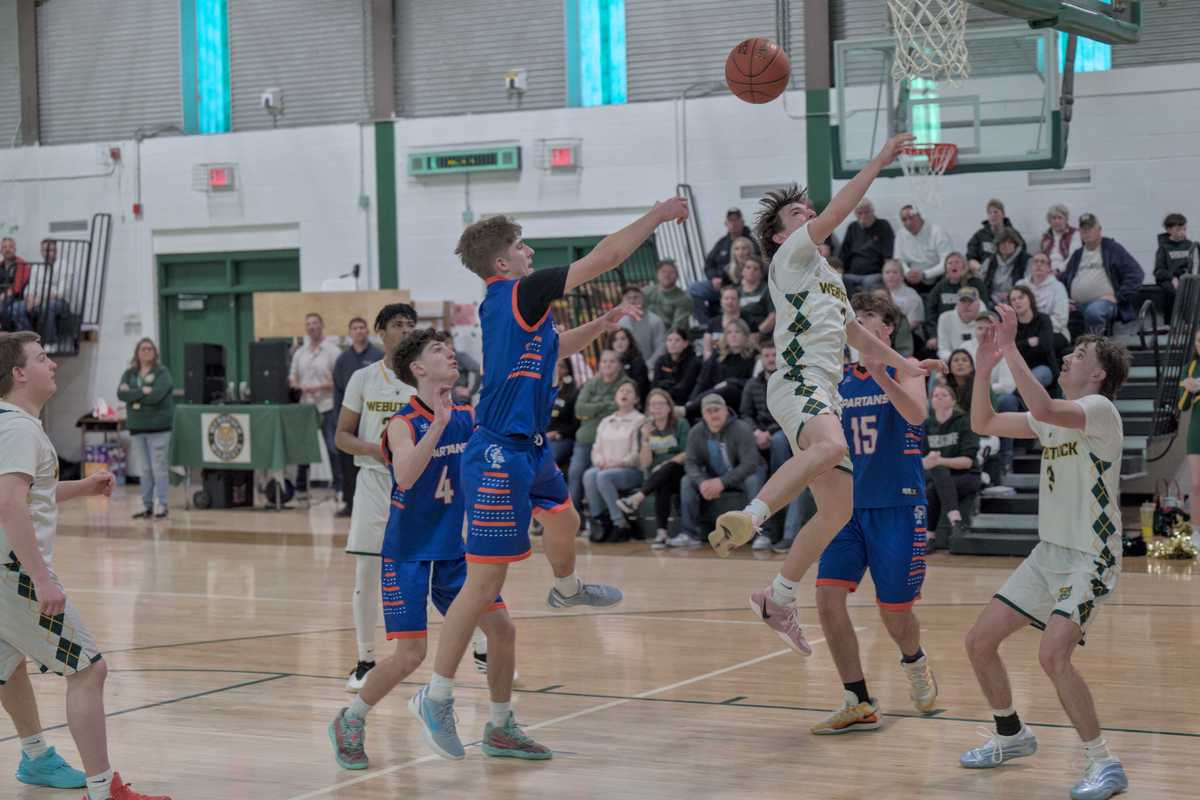
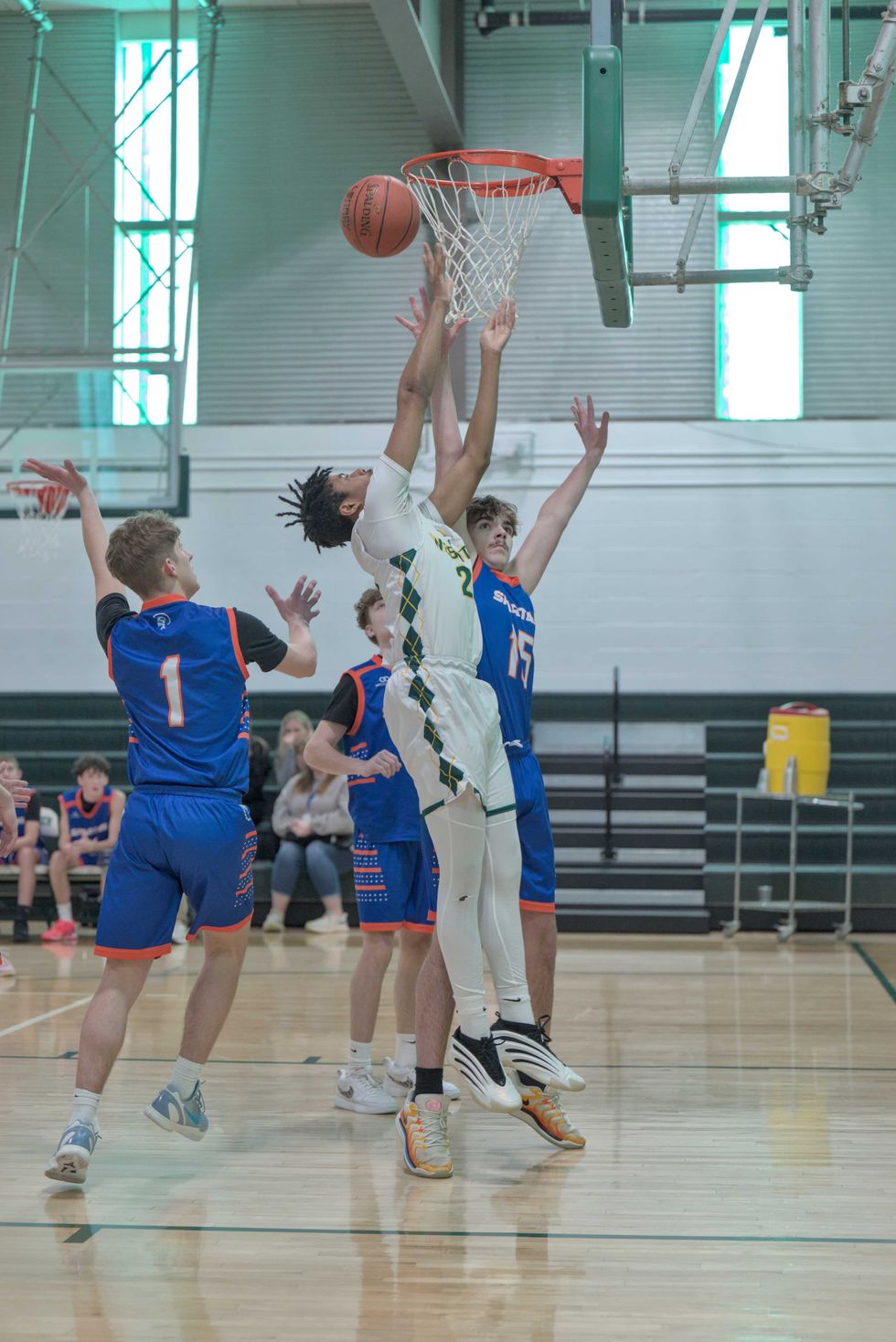
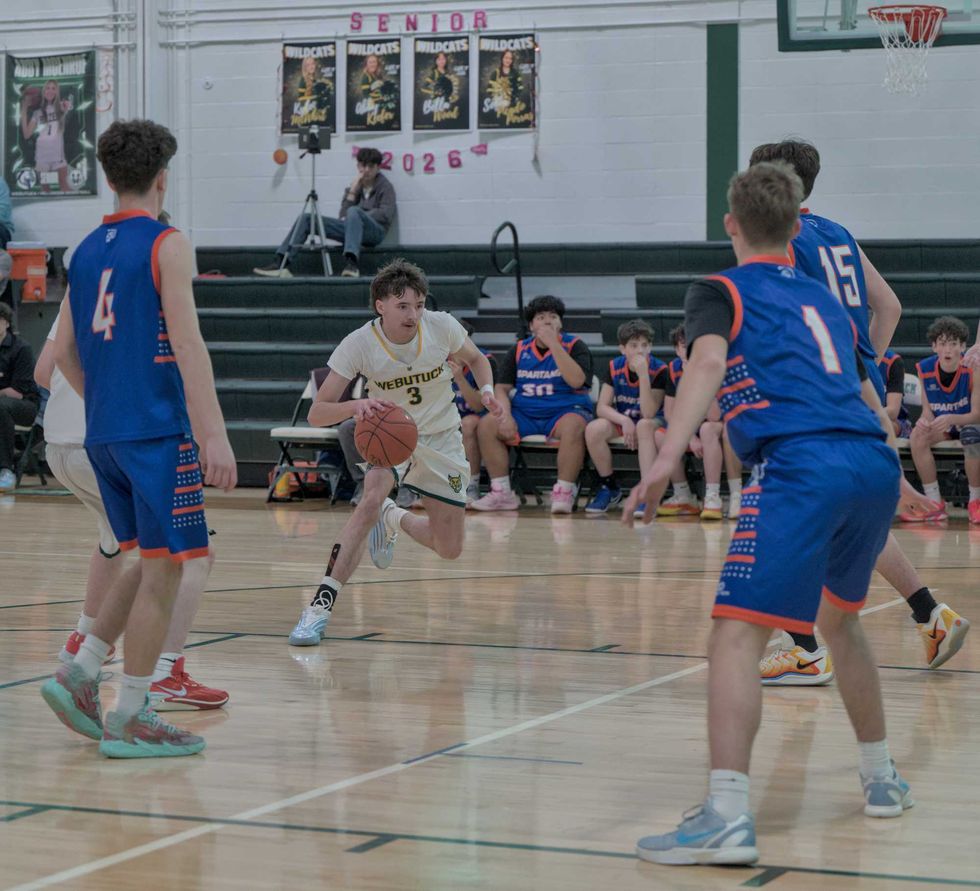
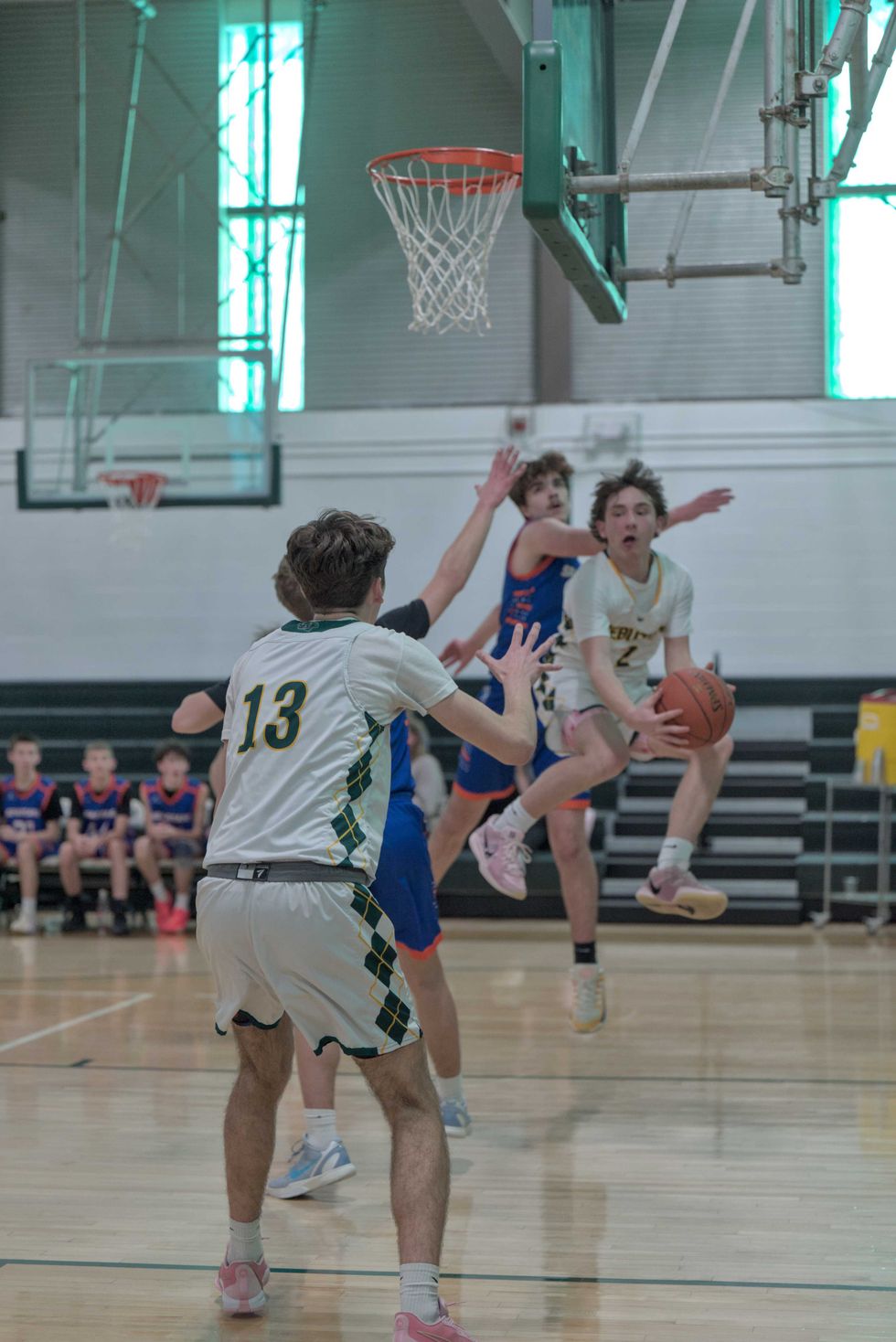
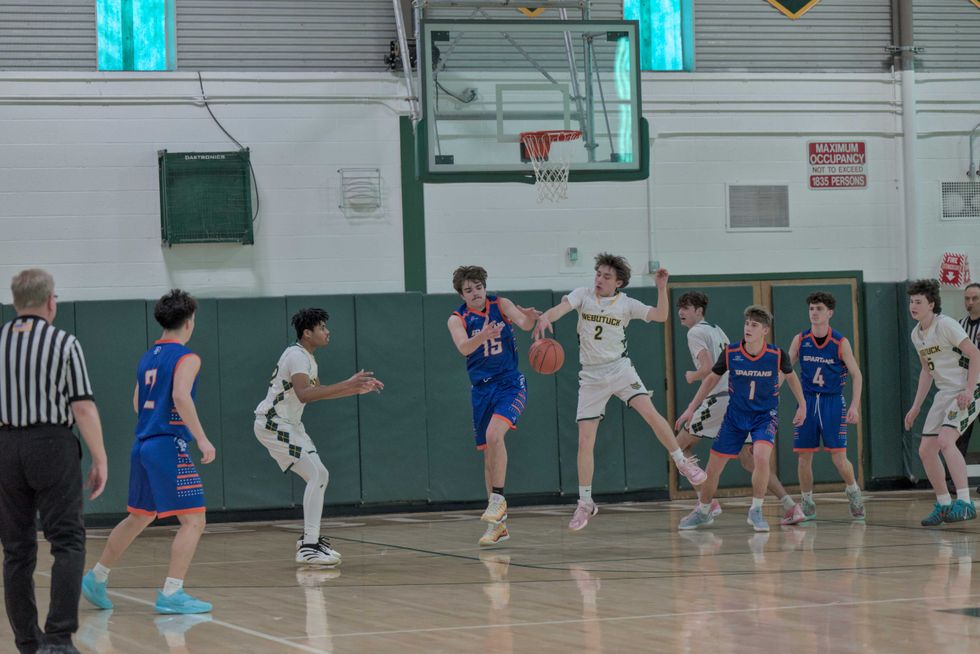
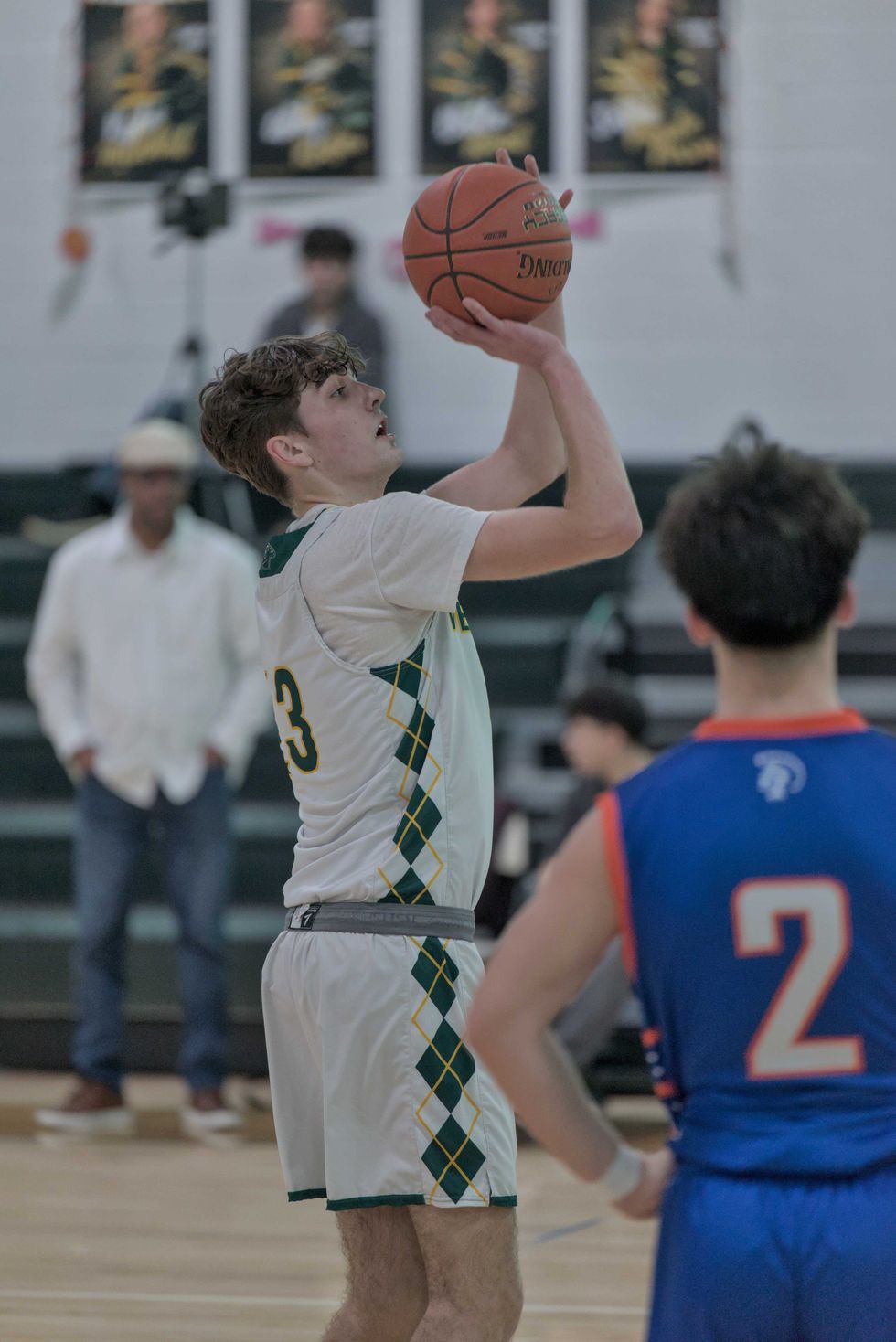
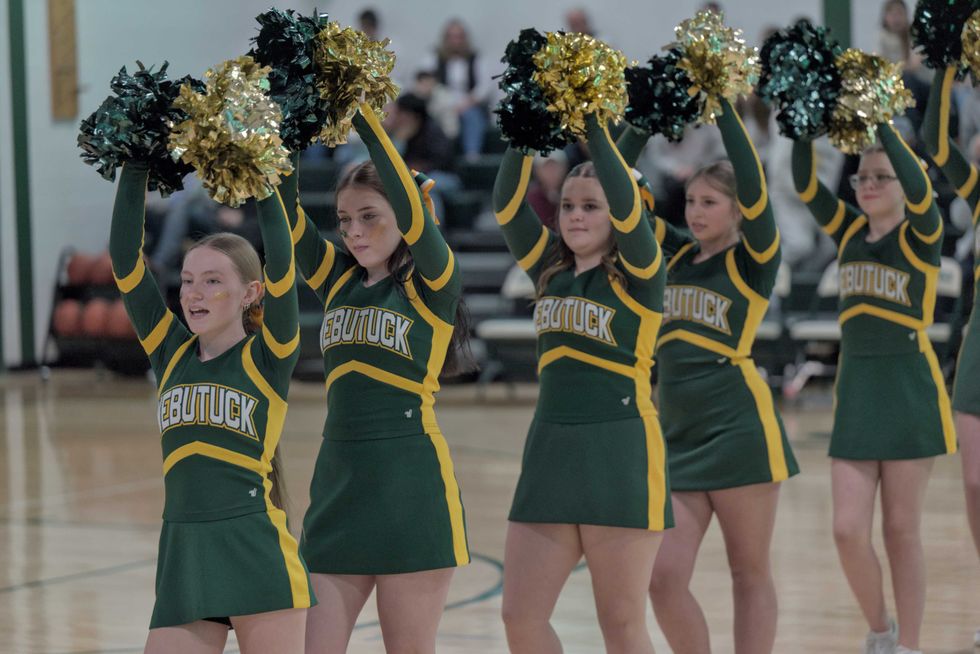
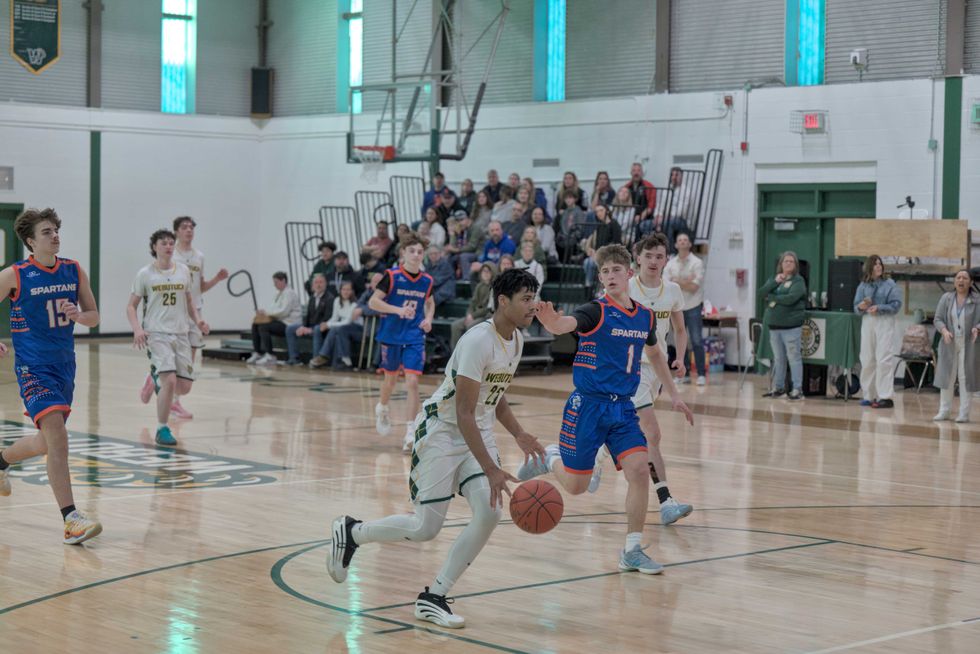
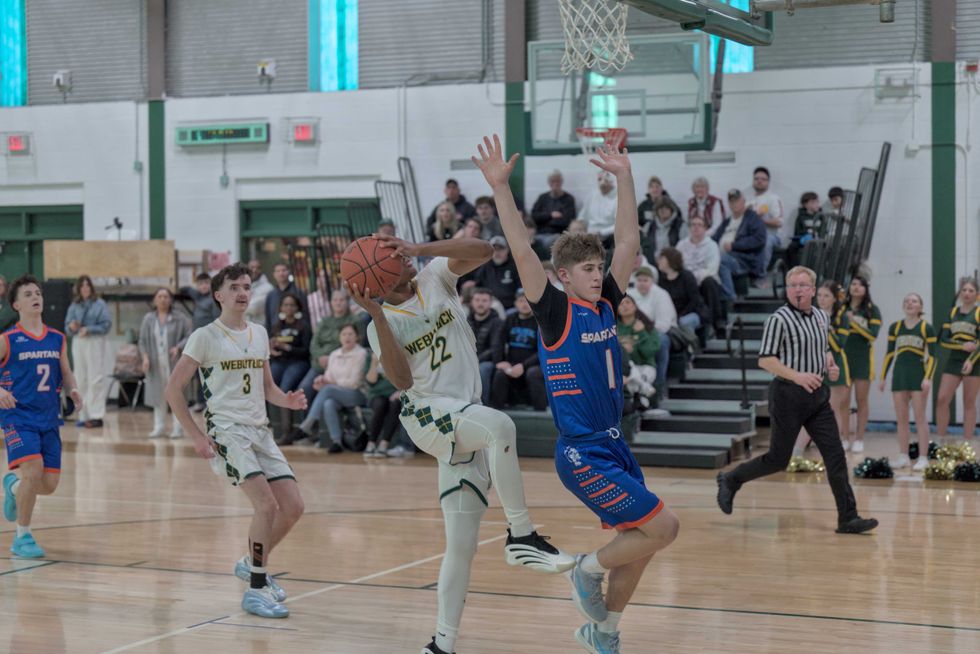
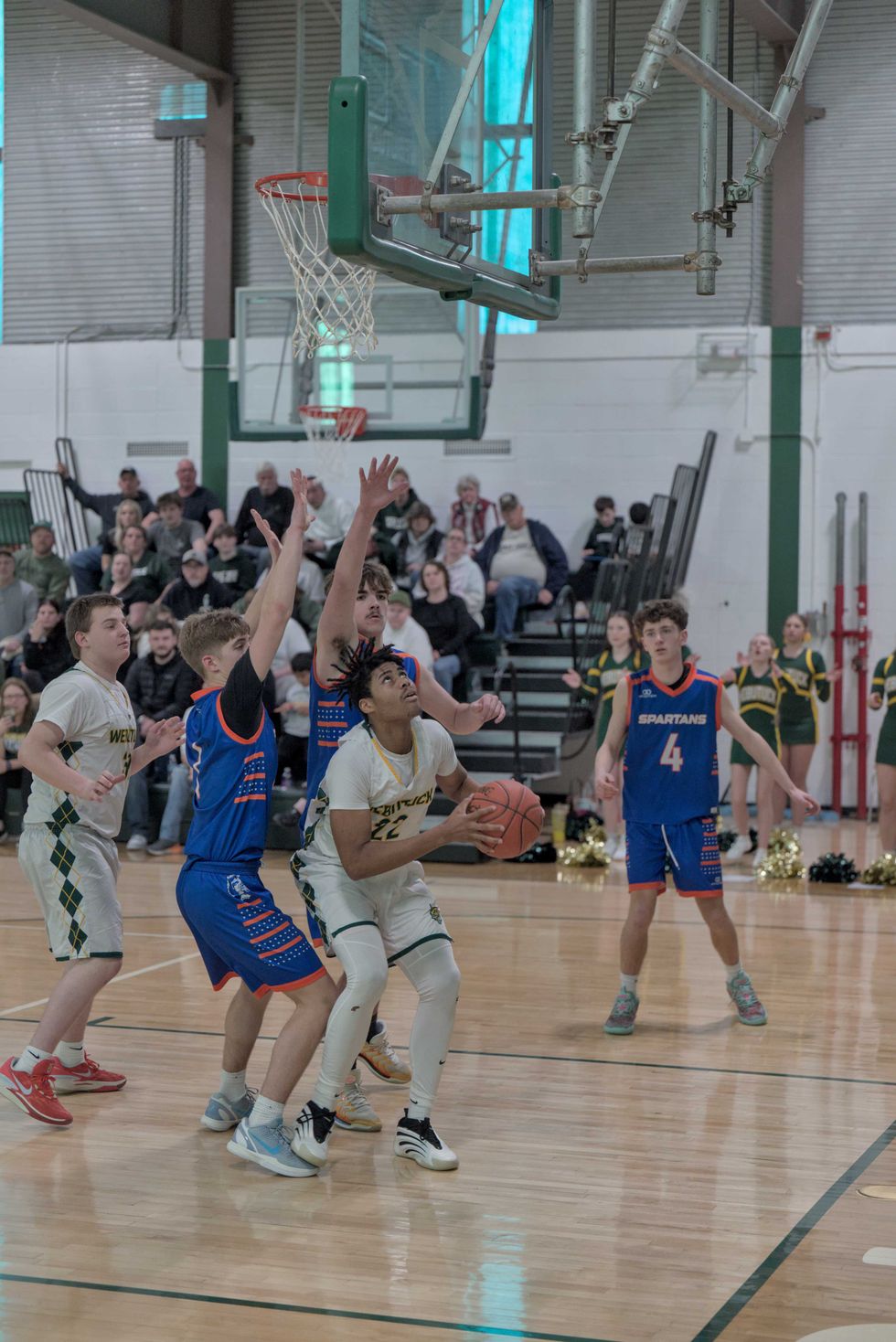
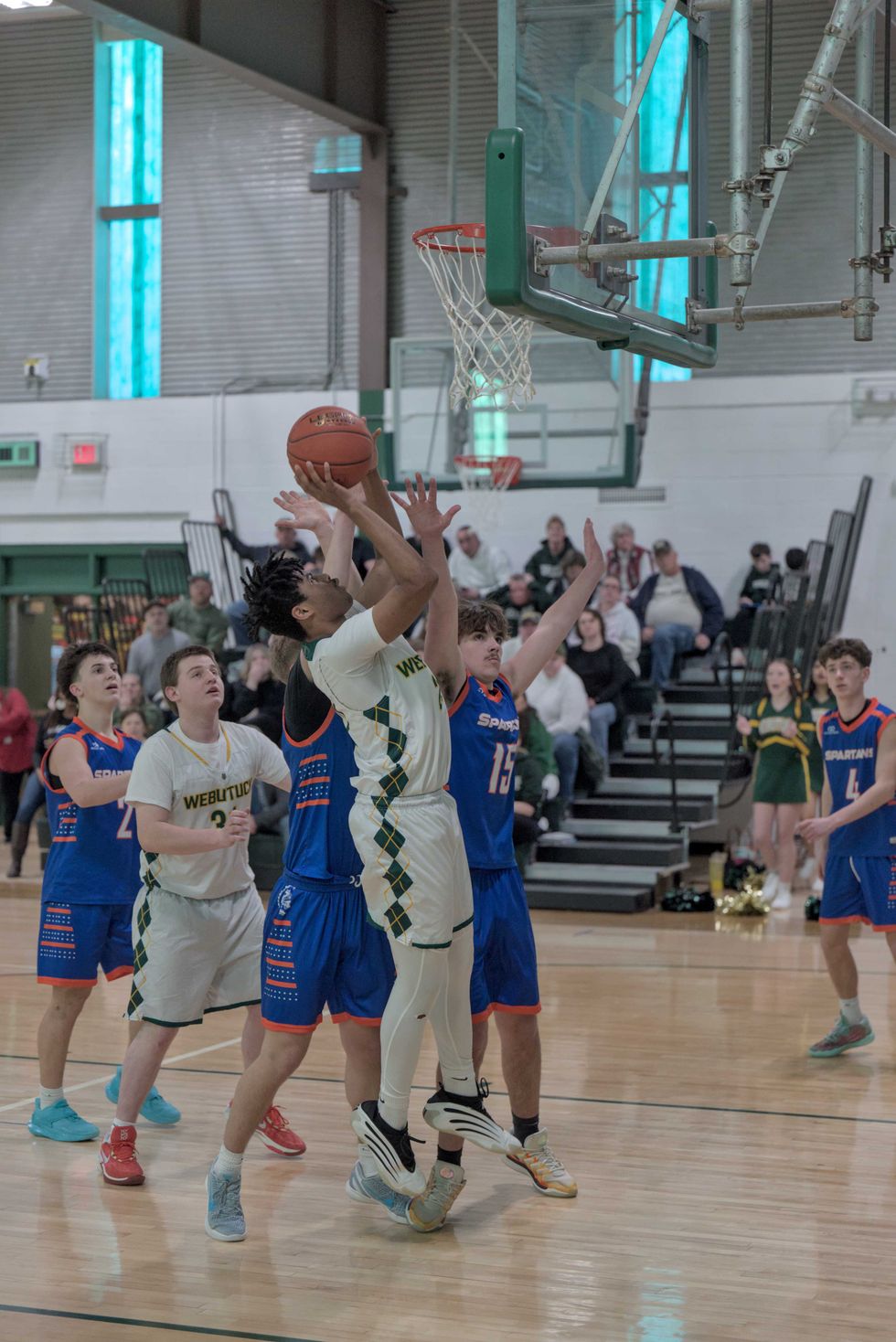
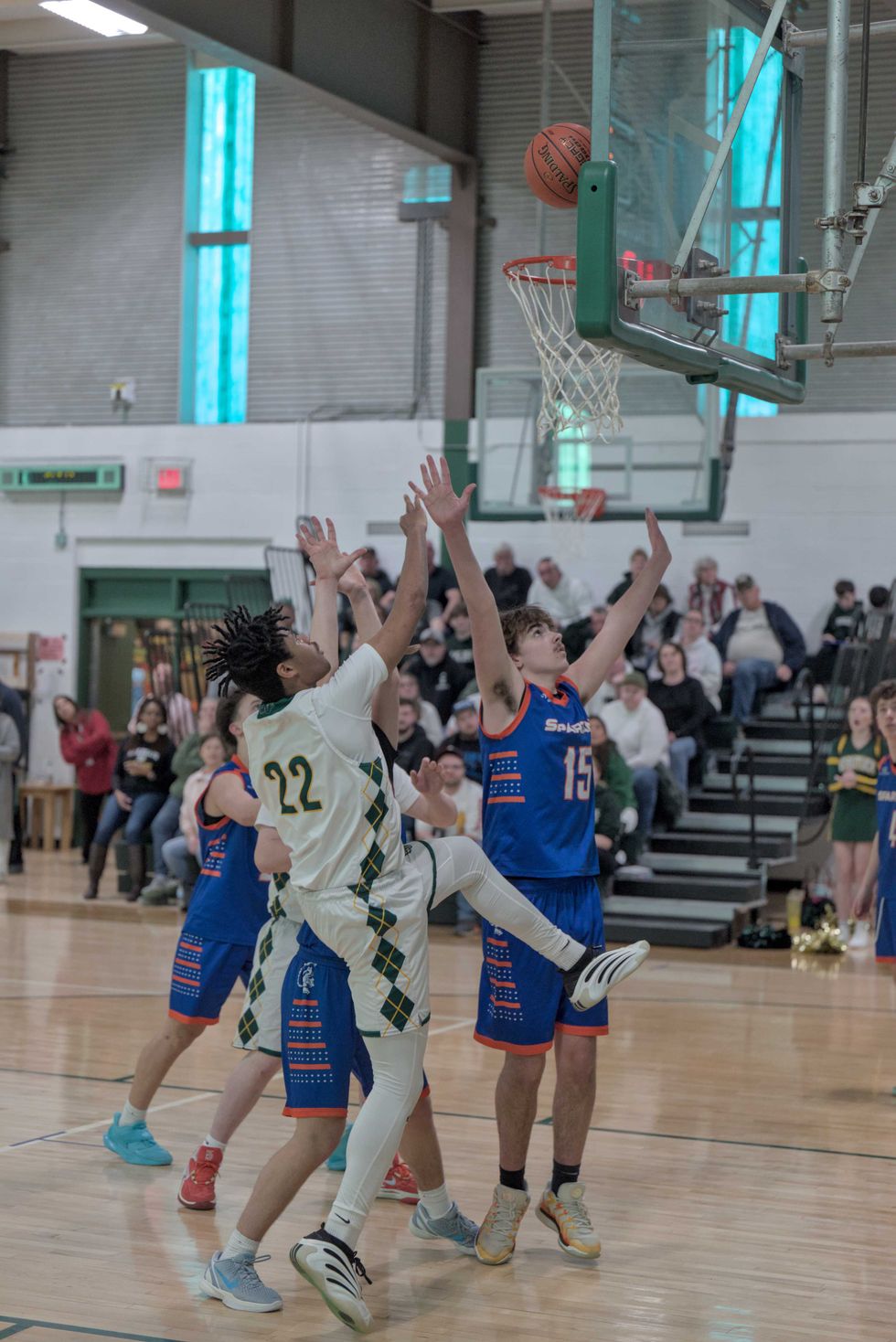
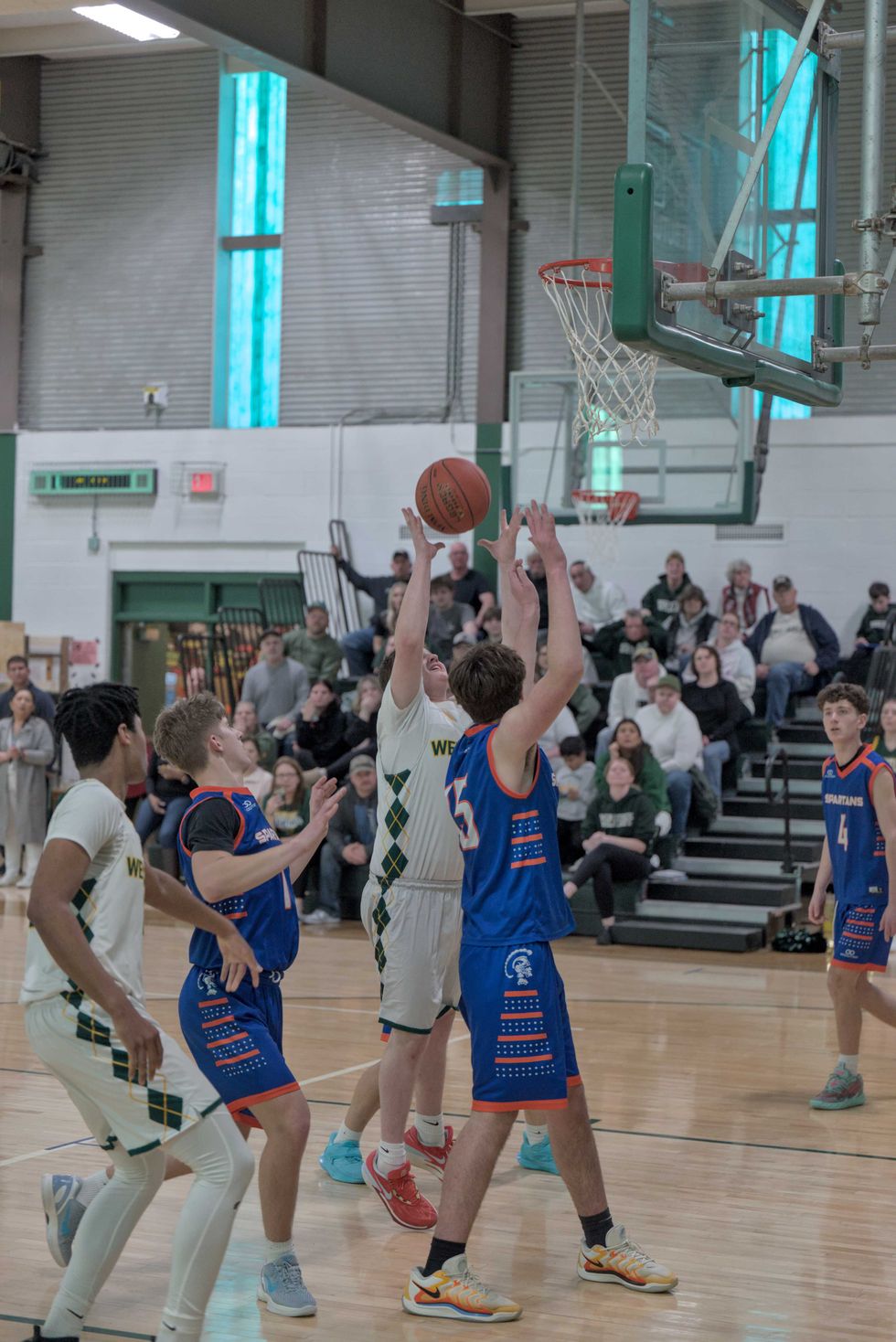
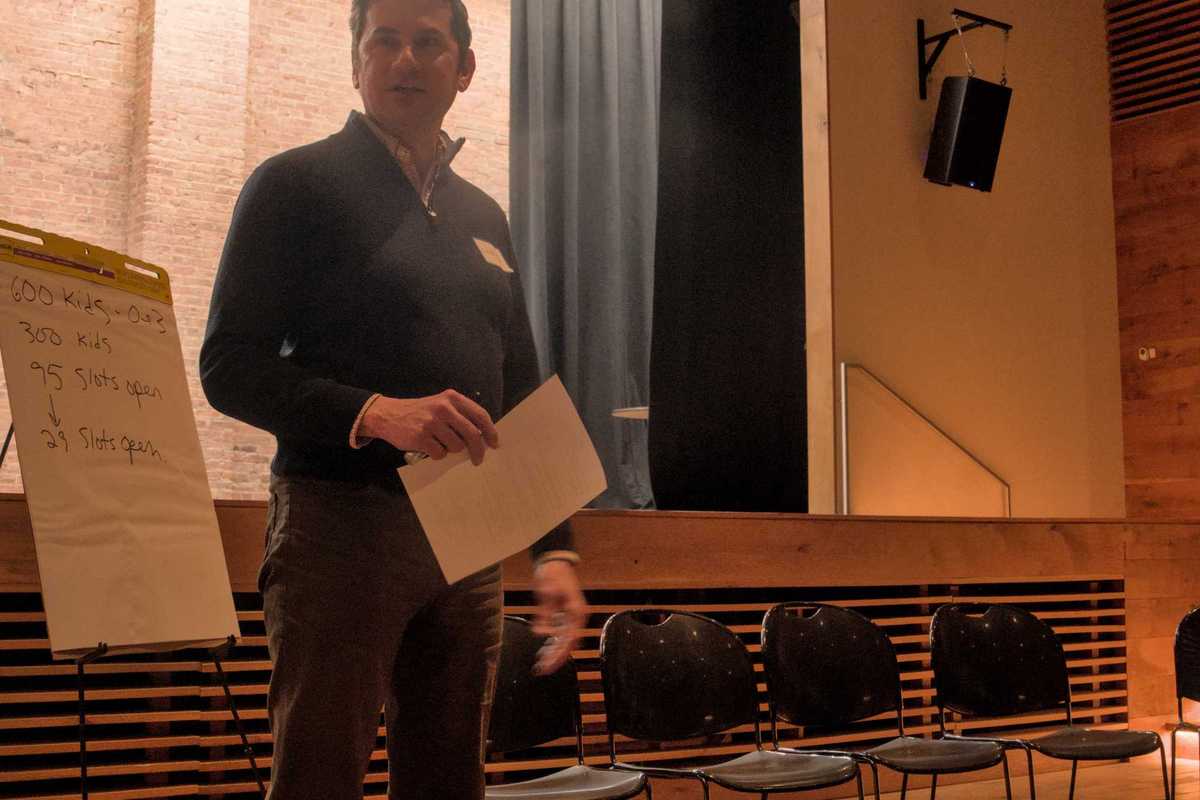
 Local parents, child care providers and nonprofit representatives outline the challenges they face in accessing and providing childcare in rural northeast Dutchess County during a forum at the Stissing Center in Pine Plains on Wednesday, Feb. 25. Photo by Nathan Miller
Local parents, child care providers and nonprofit representatives outline the challenges they face in accessing and providing childcare in rural northeast Dutchess County during a forum at the Stissing Center in Pine Plains on Wednesday, Feb. 25. Photo by Nathan Miller 

 lakevillejournal.com
lakevillejournal.com 





 Visitors consider Norman Rockwell’s paintings on Civil Rights for Look Magazine, “New Kids in the Neighborhood” (1967) and “The Problem We All Live With” (1963.) L. Tomaino
Visitors consider Norman Rockwell’s paintings on Civil Rights for Look Magazine, “New Kids in the Neighborhood” (1967) and “The Problem We All Live With” (1963.) L. Tomaino






Sustainable food packaging